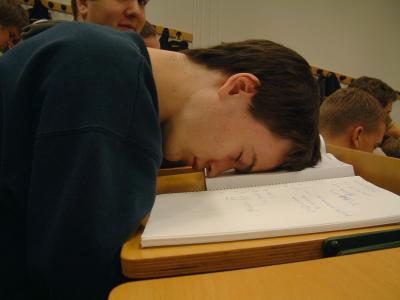The body needs 7-8 hours of sleep per day. Sleep is cumulative; if you lose sleep one day, you feel it the next. If you miss adequate sleep several days in a row, you build up a ‘sleep deficit’, which impairs performance, reaction time, vision and judgment.
Most people’s bodies naturally become more tired in the afternoon, about 8 hours after we wake up and a power nap at this time provides very good rejuvenation to the body.
The term ‘power nap’ was coined by James Maas, a psychology professor at Cornell University. In his 1997 book Power Sleep, Maas described how napping is a legitimate tool for enlightened businesspeople, parents, and anyone else with a busy schedule. Numerous studies in recent years have shown that napping can be amazingly effective in improving alertness, memory, and overall cognitive performance, not to mention one’s mood.
In a survey conducted in the UK last year, 22 per cent of respondents admitted to nodding off at embarrassing times: during work meetings, at social occasions, and while waiting in queues. Such situations can be avoided by taking a sharp nap in the afternoon. Many experts advice to keep the nap between 15 and 30 minutes, as sleeping longer gets you into deeper stages of sleep, from which it’s more difficult to awake.
Contrary to popular opinion, napping isn’t for the lazy or depressed. Unlike ‘dozing off,’ which is presumably involuntary and thus a sign of laziness, power napping is deliberate and thus a sign of responsibility.
Image1
Via: Telegraph




